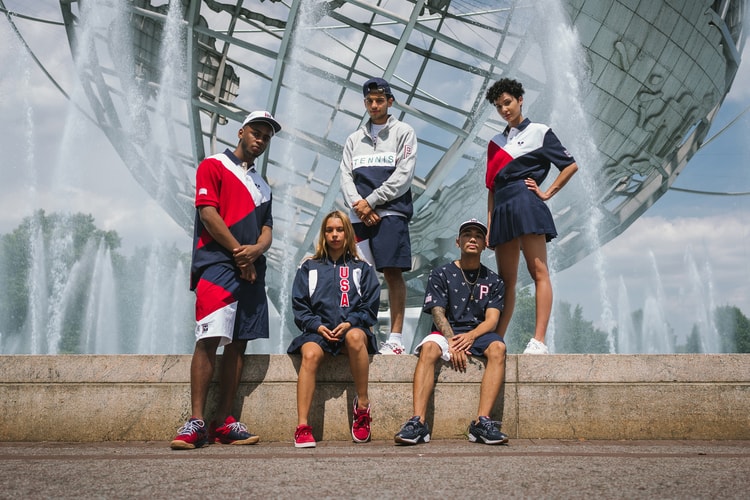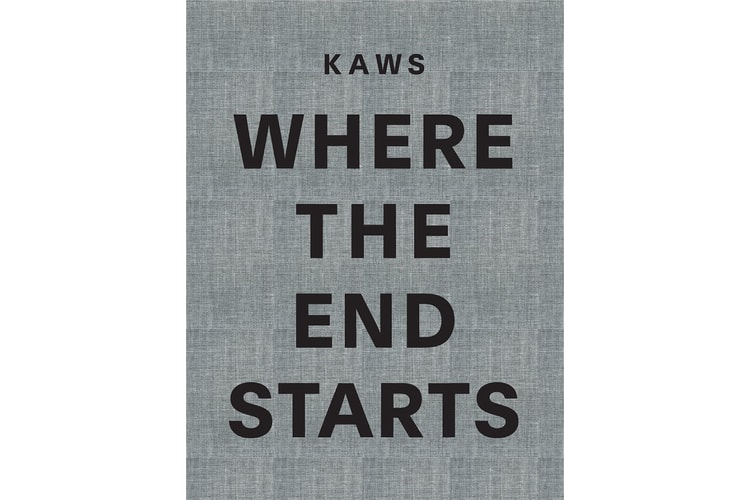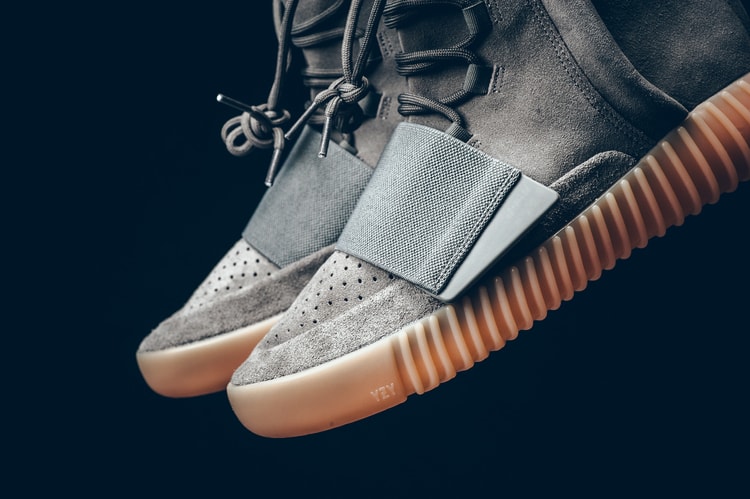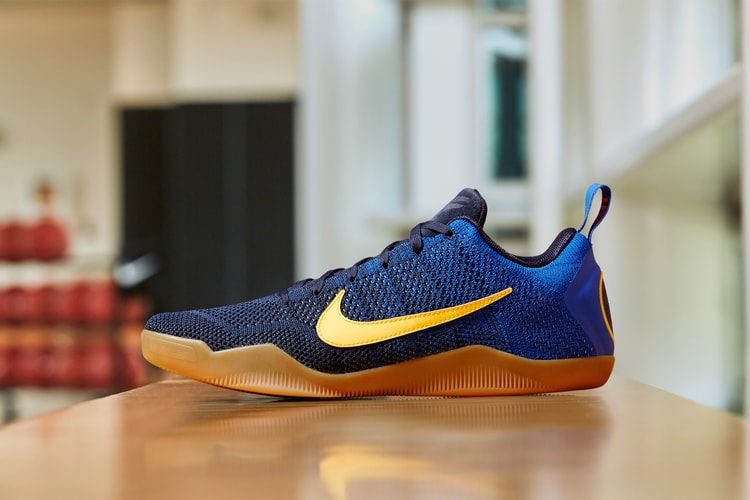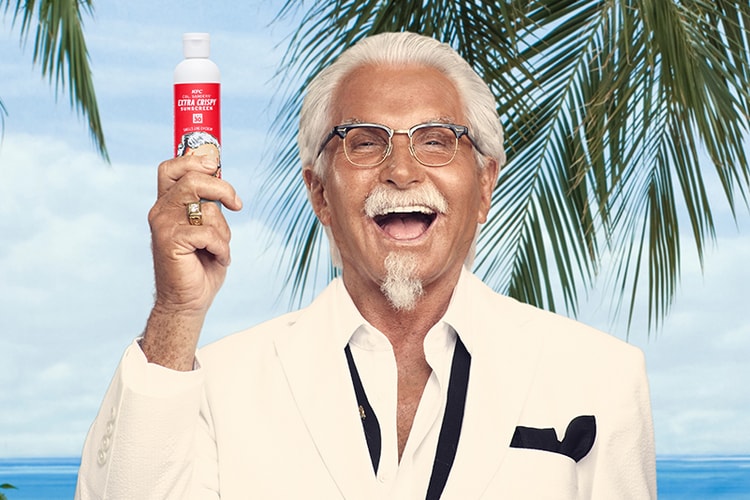Universal Is Reportedly Banning Its Artists From Offering Streaming Exclusives
Frank Ocean’s Apple Music-exclusive ‘Blonde’ may be the label’s last.

Blonde could very well be ushering in the end of an era: Universal Music Group — the parent company of Def Jam, which put out Frank Ocean’s highly anticipated LP — is reportedly banning its artists from signing exclusive deals with streaming platforms (a la the Apple Music and iTunes release of Blonde). According to industry insider Bob Lefsetz of The Lefsetz Letter fame, UMG CEO Lucian Grainge — who’s widely considered to be the most powerful executive in the entire music industry — sent out a company-wide email yesterday informing everyone of the new policy and its ban on the practice of exclusive distribution deals. If the move is indeed happening, it would be unprecedented as Universal would become the first label to throw exclusive deals out the window.
So why exactly would Grainge want to make the change? As The Guardian points out, UMG was home to seven of the top 10 best-selling albums of 2015 — including the likes of Taylor Swift’s 1989 (like Blonde, an Apple exclusive upon release), Drake’s If You’re Reading This It’s Too Late, Justin Bieber’s Purpose and The Weeknd’s Beauty Behind the Madness — and boasted 38.5% of the year’s recorded music sales overall. Though exclusive deals like Ocean’s and Swift’s undoubtedly helped drive their respective album sales (and line the pockets of the artists in the process), it stands to reason that those sales would have been even higher had other platforms and retailers had an opportunity to stream and sell the releases as well. And, of course, more sales means even more profits for UMG. As The Guardian puts it, “the ultra-hyped Frank Ocean release coming exclusively through Apple, coupled with a deal announced earlier this month between Apple and Cash Money Records, whose artists include Lil Wayne, Nicki Minaj and Birdman, appears to have been sufficient to provoke label executives to action.”
In his latest newsletter, Lefsetz touches on exclusive distribution deals and how they’re “anti-competitive and ultimately” harm both “the consumer and the artist.” He even goes so far as to say the United States government should investigate Apple Music — who just so happens to be led by former UMG head honcho Jimmy Iovine — with regards to antitrust concerns “because there’s a conspiracy between Apple Music and the industry to change the game, to get everybody to pay for a subscription by putting hit content behind a paywall.”
He doesn’t just hold Apple accountable, though: Lefsetz says the artists are as much to blame as anyone. Writing about Ocean, Lefsetz says:
Shame on you Frank, and shame on everybody else who takes money from Apple and screws fans. There’s enough money in music without taking every last buck, and the joke is on you, for thinking so short term, you want your music available to everybody, because in these days of information overload we need nobody, everybody is superfluous, you don’t want to enter the marketplace with one hand tied behind your back.
Ultimately, only time will tell if UMG’s reported move sets off a domino effect that changes the way music is currently consumed. Until then, exclusivity will continue to be one of the main points of leverage a streaming platform or retailer has over its competition.
Do you think an end to exclusive distribution deals would be a positive or negative? How would it change streaming and sales going forward? Sound of below and head on over to Lefsetz’s website to read his latest newsletter in its entirety.




